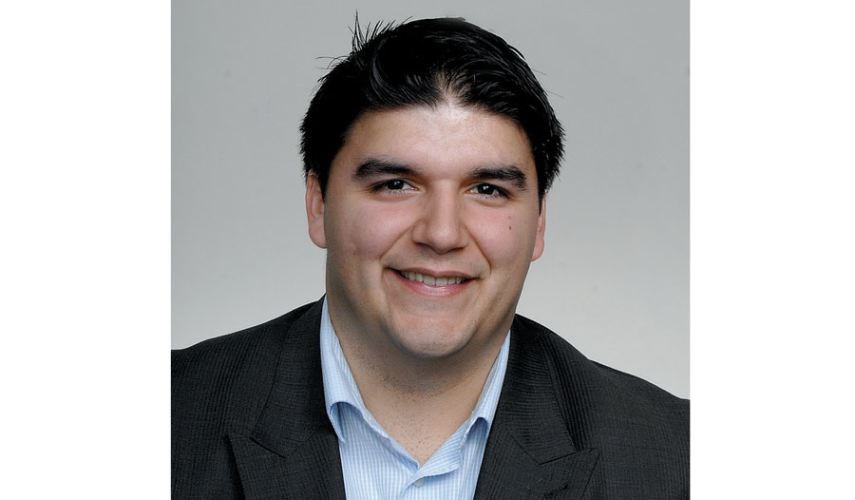This year, the oft-quoted poem In Flanders Fields turned 100, the Allied victory over the Axis turned 70, and those born at the beginning of this century turned 15. Thus, the inescapable fact is that the two great wars are growing ever more distant from our present circumstances, especially our younger population. For many, the only connection to these great, terrible conflicts will be in the form of documentaries and writings, as the living monuments are all but gone.
This is more poignant than first meets the eye, for to know where one is going, one ought to know where one has been.
In fact, that sentiment is repeated over and over in the lead up and commemoration of every Remembrance Day in the phrase "lest we forget."
Indeed - lest we forget the cost of war, the price of peace, the roots of the world's current instability, and the solutions that have worked before.
Winston Churchill, who served as a colonel in the First World War and then Prime Minister of Britain for nearly all of the Second World War, encouraged everyone to study history, and I echo the last lion's roar here with specific aim at our young people.
Knowing one's history can make all the difference in how one views particular government policies, regional conflicts, even lines on a map (helpful hint: most borders between Amsterdam and Beijing are new and arbitrary).
But most importantly, what must be instilled in the minds of young people today, especially as technological advances and anti-traditionalist philosophies abound, is a reverence for the voices lost to unrelenting time and the sacrifices those voices made while on earth.
This, coupled with input from veterans of the conflicts post-1945, really must become a central part of curricula throughout our country if we hope to live up to our credo "lest we forget."
In the end, there is no guaranteed way to prevent conflict.
And as global power shifts, as regional powers flex their muscles anew, it appears that dark clouds are gathering on the horizon yet again.
Our single greatest chance for peace lies in teaching our youth, the leaders of tomorrow, to be people of courage, resolve, and principle.
We owe this to them, to the fallen, and to the wounded, for all sacrifices are made with the hope that it shall "never again" be necessary.



